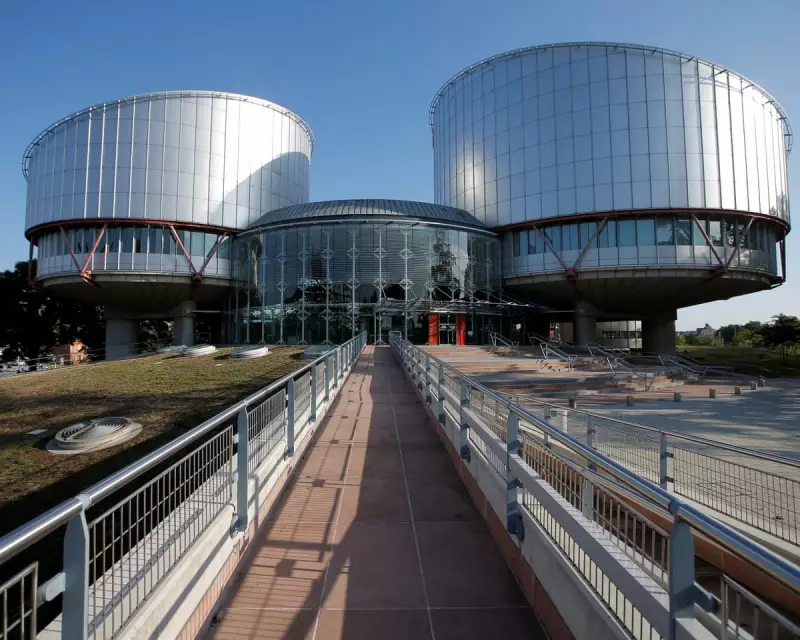
The European Court of Human Rights (ECHR) has delivered a landmark ruling stating that the United Kingdom is not legally required to conduct a public inquiry into allegations of Russian disinformation campaigns. The decision comes after years of debate over the extent of foreign interference in UK affairs.
Background of the Case
The case was brought forward by campaigners who argued that the UK government had failed in its duty to protect democratic processes from external manipulation. They cited concerns over Russian-linked disinformation during key political events, including elections and the Brexit referendum.
ECHR's Rationale
In its judgment, the ECHR emphasised that while disinformation poses a threat to democratic institutions, existing UK laws and investigative mechanisms are sufficient to address the issue. The court noted that there was no concrete evidence requiring a full-scale public inquiry under the European Convention on Human Rights.
Government Response
Downing Street welcomed the ruling, stating that it reaffirms the robustness of the UK's legal and electoral systems. A government spokesperson said, "We have always maintained that our safeguards against foreign interference are among the strongest in the world."
Critics' Reaction
Opponents, however, argue that the ruling undermines efforts to ensure transparency. One campaign group described the decision as "a missed opportunity to hold power to account" and vowed to continue pushing for greater scrutiny of foreign influence operations.
What This Means for the Future
The ruling sets a precedent for how similar cases may be handled across Europe. While it absolves the UK of an immediate obligation, the debate over disinformation and electoral integrity is far from over.





